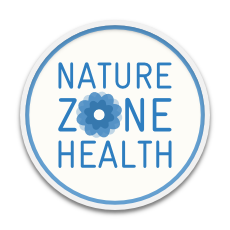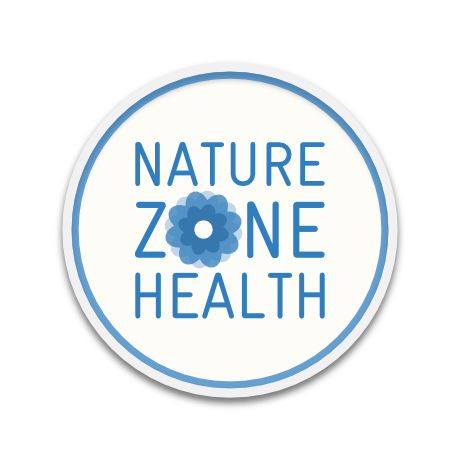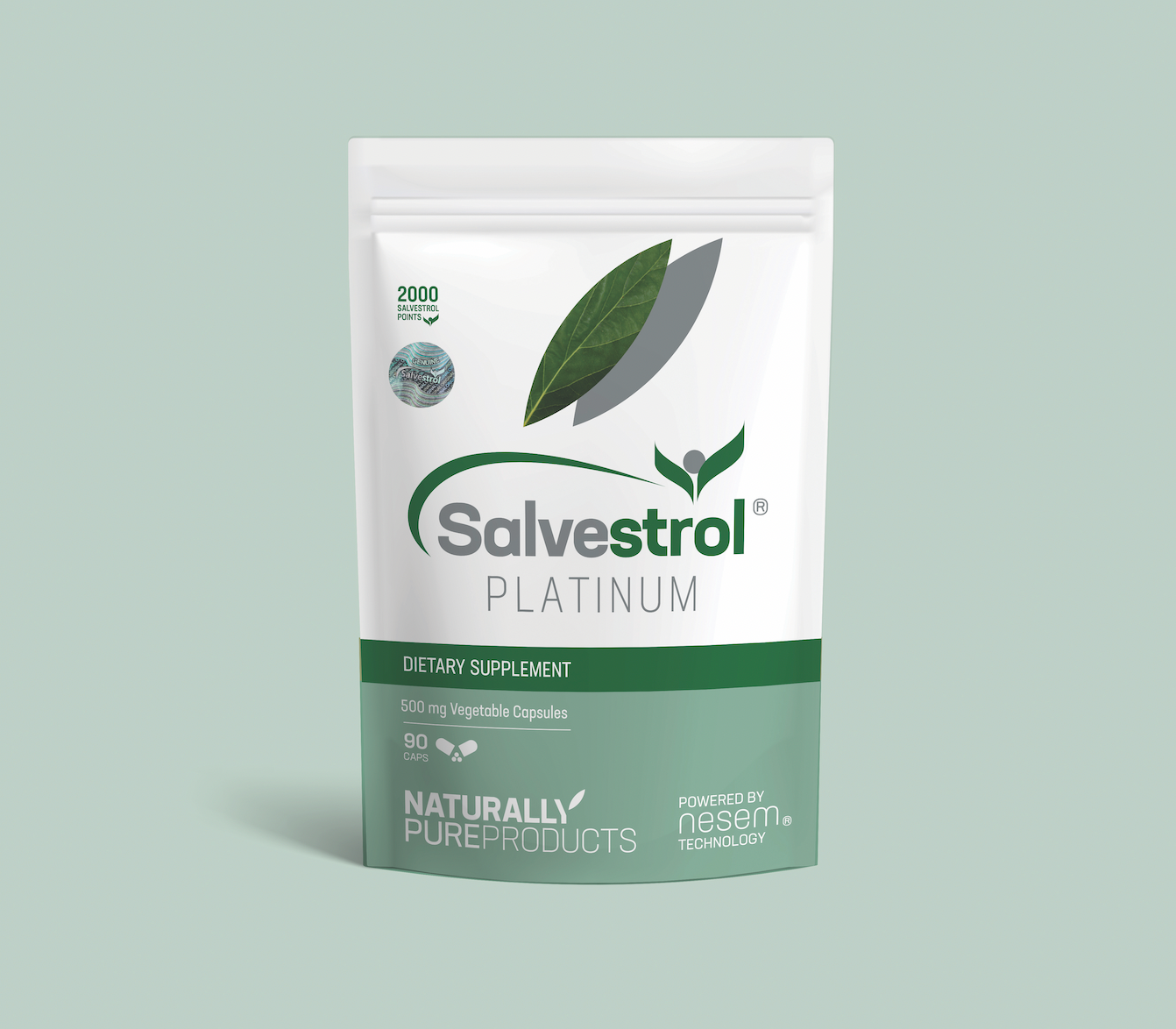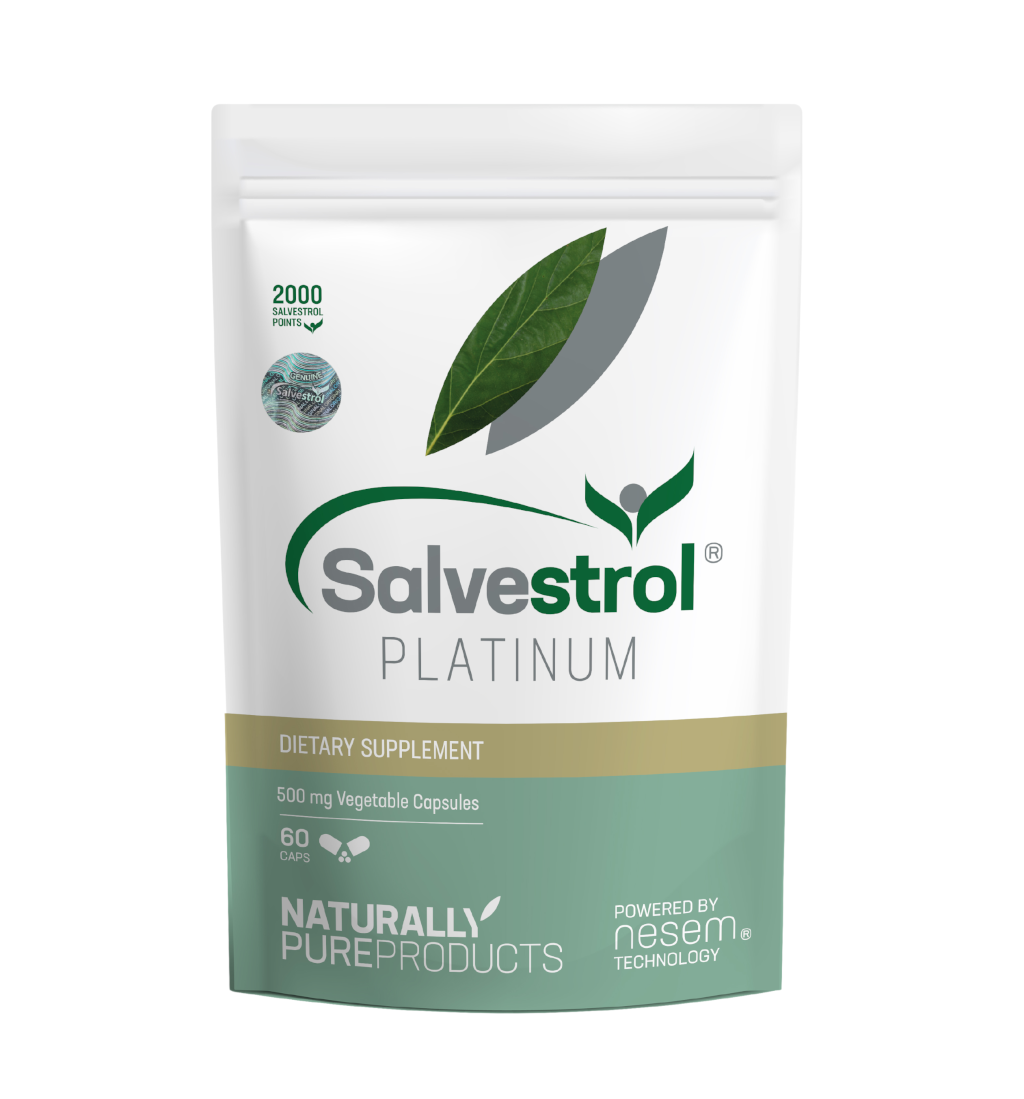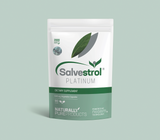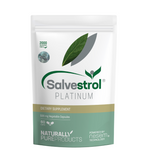Salvestrols Platinum 2000
Rice flour, Salvestrol® proprietary fruit extract from bitter orange, grape, blueberry and blackberry, capsule shell: hydroxypropyl-Methylcellulose. Allergen advice - Contains no known allergens. No artificial flavours or preservatives. No added colours or flavours. Gluten free, wheat free, yeast free, dairy free. Each bottle contains 60 Capsules.
